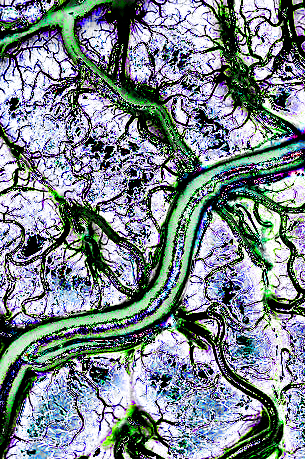New Alzheimer's marker found
 Scientists have discovered a new dementia marker in the brainstem.
Scientists have discovered a new dementia marker in the brainstem.
In early Alzheimer’s disease, worse symptoms and faster memory decline have been linked with a specific part of the brainstem - the locus coeruleus (LC) - by an international research team, using brain scans and postmortem data.
The integrity of the LC is connected to some of the main features of early Alzheimer’s disease, including the deposition of toxic protein aggregates and memory decline, according to a new analysis.
Researchers say that the integrity of the LC could be used as a marker of early Alzheimer’s, and careful monitoring of its changes could shed light on the possible trajectory of the disease in patients, they conclude.
“Being able to detect and measure the initial site of pathology will be critical to improve early detection and identify individuals eligible for clinical trials aimed at delaying the disease process,” a new study published in Science Translational Medicine states.
Alzheimer’s disease is the most common form of dementia, affecting roughly 44 million people worldwide.
The disease is characterised by the accumulation of beta-amyloid protein plaques and TAU protein that aggregates in neurotoxic tangles.
Researchers know that the LC is an initial site of TAU aggregation, but it has been unclear how this relates to disease progression.
In the latest study, researchers used PET and MRI scanning data of the LC along with cognitive functioning data from healthy and cognitively impaired individuals, as well as similar postmortem data from two large sets of patients with Alzheimer’s.
They showed that lower integrity of the LC is associated with more severe disease symptoms and faster decline in memory and executive function in individuals.








 Print
Print